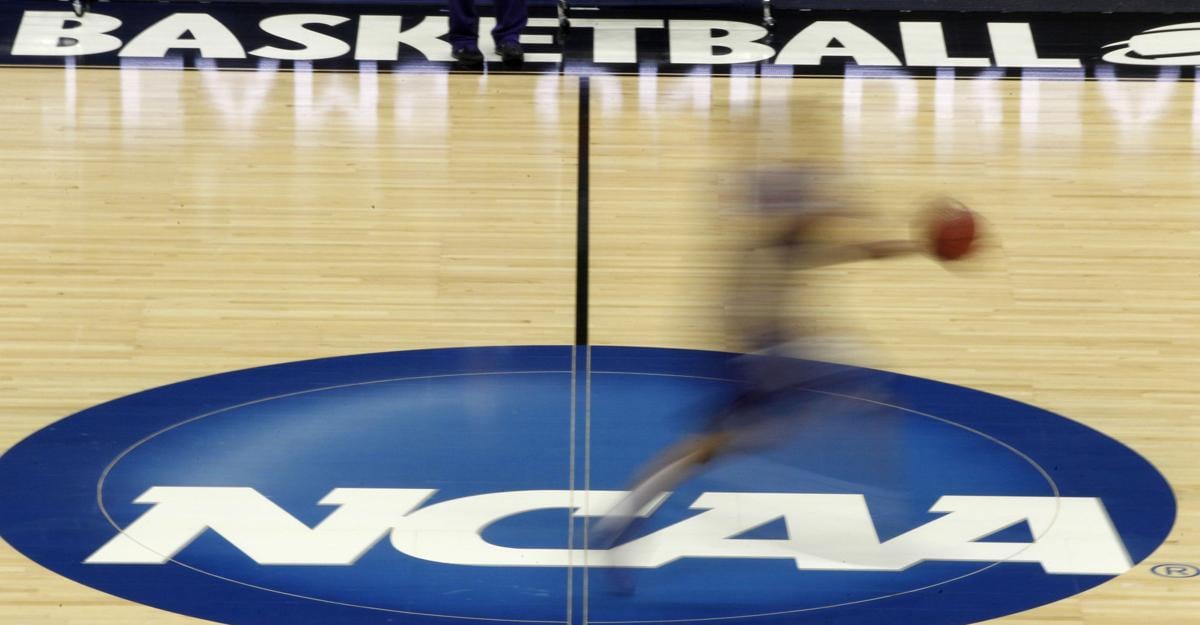The NCAA may have to judge Arizona’s basketball program by only what has already been presented in court and any additional evidence it finds during its own investigation.
Stan Wilcox, the NCAA’s executive vice president for regulatory affairs, told the Athletic on Thursday that federal officials will not turn over all of the information gathered in its investigation into college basketball.
“They have not agreed to provide us with all of the information we’re asking for,’’ Wilcox told the Athletic. “There are some wiretaps that were not presented in court, that may have been listened to in judge’s chambers and such, that we would love to get our hands on. But that hasn’t been offered to us at this point.’’
Wilcox also told the Athletic that the NCAA aimed to “get it right” as it begins going full-speed into the investigation process, having appeared to have held back while the federal proceedings were playing out.
“It’s go time,’’ Wilcox said. “We’re not going to be holding back. We’re moving forward with everything possible in the arsenal we have to collectively change the culture that has come to light.’’
If the NCAA doesn't find any additional evidence involving Arizona, and cannot corroborate allegations from court, such as Joe Pasternack's alleged offer for Brian Bowen or Book Richardson's wiretapped conversations about paying players, it may have to judge the Wildcats on Richardson's guilty plea for bribery and the two NCAA violations Mark Phelps has been linked to.
If that happens, it would be a test case for NCAA bylaw 11.1.1.1, which says head coaches can be held responsible for the actions of their direct and indirect reports, facing punishments of up to a one-year suspension.
There are lots of stories discussing what happens now, with the federal trial over:
• CBS' Gary Parrish says the NCAA is going to try to match, or possibly, one-up the Southern District of New York.
• Sporting News' Mike DeCourcy addresses what he says are misperceptions about what's happened so far.
• Yahoo says more than 50 schools have been named in one form or another in federal proceedings.
• Christian Dawkins told the New York Times that he can "sleep at night" if his crime was paying players.
• SI's Andy Staples says the whole thing is generating a "collective yawn" other than rivals of heavily implicated teams such as Arizona, LSU and Kansas.
• After the feds' "underwhelming" win, SI legal analyst Michael McCann says it's unclear whether the federal proceedings will tangibly change college basketball.





